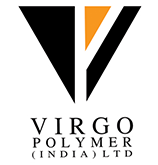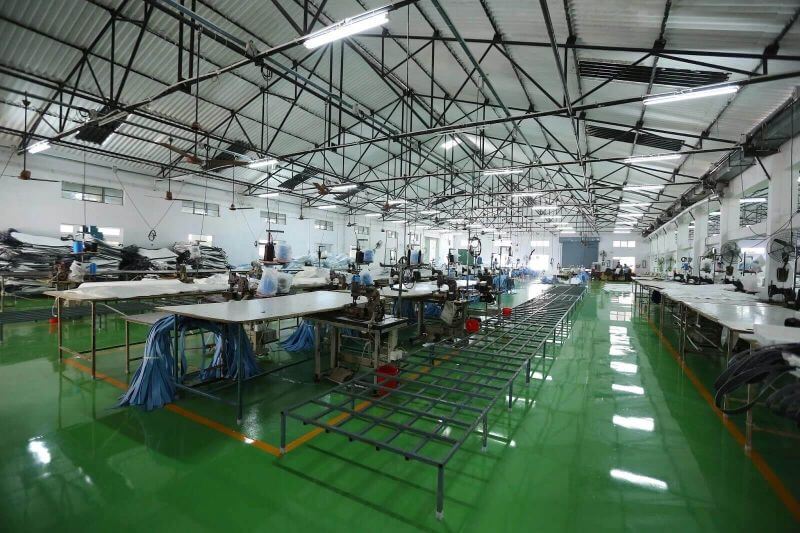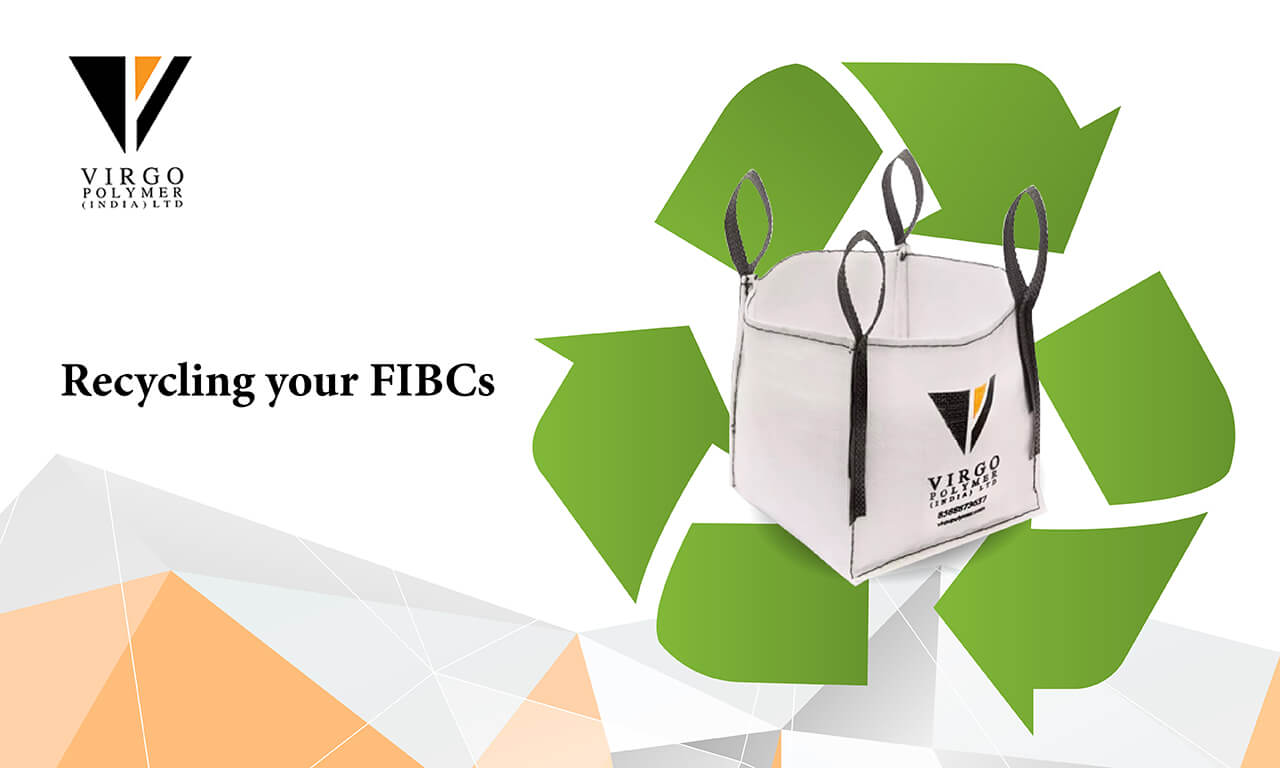



Are flexible intermediate bulk containers recyclable? Yes, they are! FIBCs, also known as super sacks or bulk bags are made of virgin polypropylene threads that are woven together. As they are essentially plastic, they can be recycled after they have been used in keeping with the manufacturer’s guidelines. Here are a few more frequently asked questions about FIBC recycling:
Recycling polypropylene products is beneficial to the environment for two reasons. Firstly, it prevents the slow-decomposing material from filling up the landfills with hazardous products and, secondly, it reduces the amount of non-renewable resources consumed during the manufacturing of plastic products.
Recycling can also benefit manufacturers by reducing their energy use by 88% and, in turn, help them to reduce costs. Giving your used FIBCs for recycling also helps your company become more eco-friendly while helping you clear them out in a guilt-free, hassle-free manner.
FIBCs can be recycled to manufacture a range of PP-based products including trays, bins, brooms, brushes and even vehicle parts and battery cables. They are also recycled into bags and totes that serve purposes that do not require 100% virgin polypropylene.
Multi-use or multi-trip FIBCs (6:1) can be reused more than once before they are recycled. If your FIBC is a single-use or single-trip bag (5:1), you can give it for recycling as soon as it has served its purpose. However, as recycling of FIBCs is often carried out in bulk, you might have to fold or bale crush the FIBC and store it away until you have enough to recycle.
Remember that even big bags used to handle chemicals, fertilizers, agricultural produce, pigments, plastics and construction materials can be recycled, provided they are thoroughly cleaned first.
The first thing to do is prepare your FIBCs that are ready to be recycled in cleaned, sorted bales. Note that, for the purpose of recycling, FIBCs are sorted in the following manner:
Grade A: Bright white, with or without coloured stitching and handles.
Grade B: Not completely clean but predominantly white with minimal colouring.
Grade C: Dirty and/or coloured.
Contact an industrial recycling company to collect them from your facility. The recycling company will collect the sorted bags from you and then proceed to shred the bags, separate contaminants, and compound the shreds by melting them down. They are then converted into uniform pellets/beads/granules and later treated with a certain amount of virgin polypropylene.
Since polypropylene can be safely recycled many times, the cycle continues!
A selection of new products can be made from the recycled bulk bags, and the recycling process can be repeated again and again as each of these products reach the end of their lifespan.
Only about 1% of polypropylene (PP) used worldwide is being recycled today; the rest are either dumped in landfills or burnt, releasing hazardous chemicals into the land and air. By recycling your FIBCs, you can keep these plastics from harming the environment.
